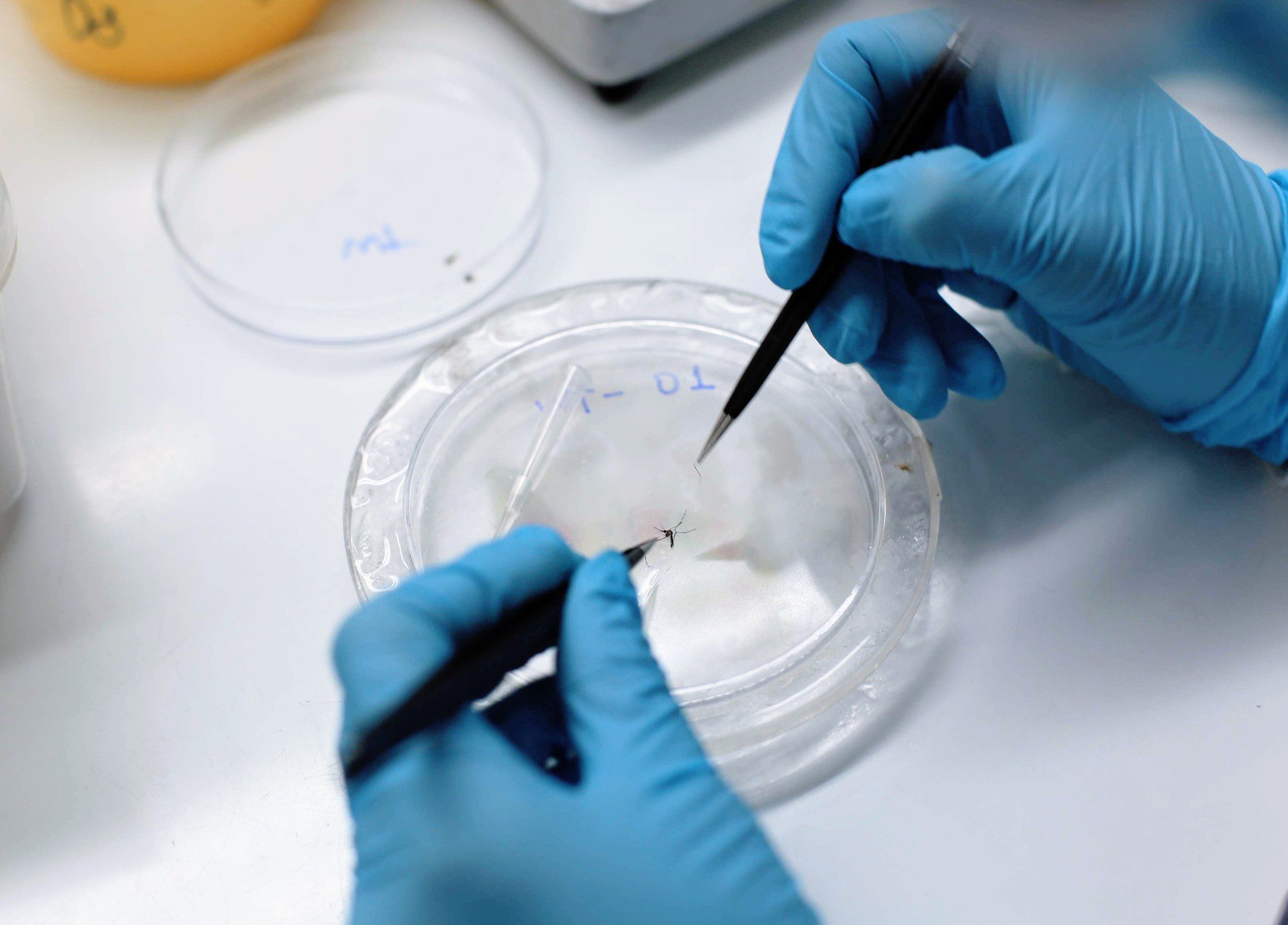Scientists are taking a fresh look at a common diabetes pill to see if it might help protect overweight and obese patients from severe dengue.
Traditionally, efforts to combat dengue have focused on preventing mosquito bites and managing symptoms rather than curing the infection itself. Most of the time, treatment involves symptom relief, using medications such as paracetamol (acetaminophen) to ease headaches and reduce fever.
From January to July 2025, dengue has caused over 4 million infections and more than 3,000 deaths, according to reports from the World Health Organization covering 97 countries [1]. Unfortunately, there is still no specific treatment for this disease.
Because there is no approved antiviral drug for dengue, the search for effective treatments has become an urgent global priority. Researchers around the world are now investigating whether existing, affordable medicines could help reduce the severity of the disease.
Why Focus on Overweight and Obese Patients?
Research has shown that people living with obesity are more likely to develop severe dengue, partly due to how obesity affects metabolism and immune function. In Vietnam, nearly one in five children is overweight, and 8% are obese [2]. As dengue continues to rise, researchers worry that its overlap with obesity could make infections even more dangerous in the future.
But why does obesity matter in dengue? Scientists suspect several biological mechanisms behind this link. Obesity can cause chronic, low-grade inflammation, which may make the immune system overreact when infections happen [3,4]. It can also weaken key immune cells and alter how the body processes lipids, which are the materials the dengue virus uses to build its outer layer. More importantly, obesity also reduces the activity of an enzyme called AMPK, which normally helps regulate metabolism and control inflammation.
That’s where metformin enters the picture.
Metformin is a common and affordable medication for type 2 diabetes. But why is a diabetes drug being tested for dengue? It is because Metformin works by activating the AMPK enzyme, which becomes less active in obese people.
In laboratory studies, activating AMPK with metformin has been shown to limit dengue virus replication, and observational research found that diabetic patients who regularly took metformin were less likely to develop severe dengue.
Beyond that, metformin also has anti-inflammatory and blood vessel–stabilizing effects, which could help reduce complications seen in severe dengue. Because it’s safe, affordable, and widely available, researchers saw metformin as a promising candidate to test as an additional therapy for dengue—especially in overweight and obese patients, whose disrupted metabolism may give the virus an advantage.

Given the ongoing search for effective dengue treatments, Collab Lab has chosen to animate the MeDO study — “Safety and tolerability of metformin in overweight and obese patients with dengue: An open-label clinical trial”. This research focuses on two key factors, which are obesity and metformin, and examines how they interact in dengue patients. Through this, we hope to spark public interest in innovative, accessible solutions for global health challenges.
Stay tuned for the first episode of Collab Lab, Season 4, featuring an entirely new production team!
References:
1. World Health Organization. (2025, August 21). Dengue. Who.int; World Health Organization: WHO. https://www.who.int/news-room/fact-sheets/detail/dengue-and-severe-dengue
2. Van Minh, H., Khuong, D. Q. L., Tran, T. A., Do, H. P., Watson, F., & Lobstein, T. (2023). Childhood Overweight and Obesity in Vietnam: A Landscape Analysis of the Extent and Risk Factors. INQUIRY: The Journal of Health Care Organization, Provision, and Financing, 60, 004695802311546. https://doi.org/10.1177/00469580231154651
3. Nguyen, N. M., Thi, D., Ho Quang Chanh, Trieu, H. T., Xuan, T., Van, N. T., Phong, N. T., Tam, C. T., Hong, T., Hue, T., Cam, T., Thi, L., Hao, N. V., Qui, P. T., Thi, T., Hai, T., Thuy, T., Tho, P. V., Le, T., & Thuy, V. T. (2025). Safety and tolerability of metformin in overweight and obese patients with dengue: An open-label clinical trial (MeDO). PLoS Neglected Tropical Diseases, 19(7), e0013281–e0013281. https://doi.org/10.1371/journal.pntd.00132814. Jeon, S.-M. (2016). Regulation and Function of AMPK in Physiology and Diseases. Experimental & Molecular Medicine, 48(7), e245–e245. https://doi.org/10.1038/emm.2016.81








